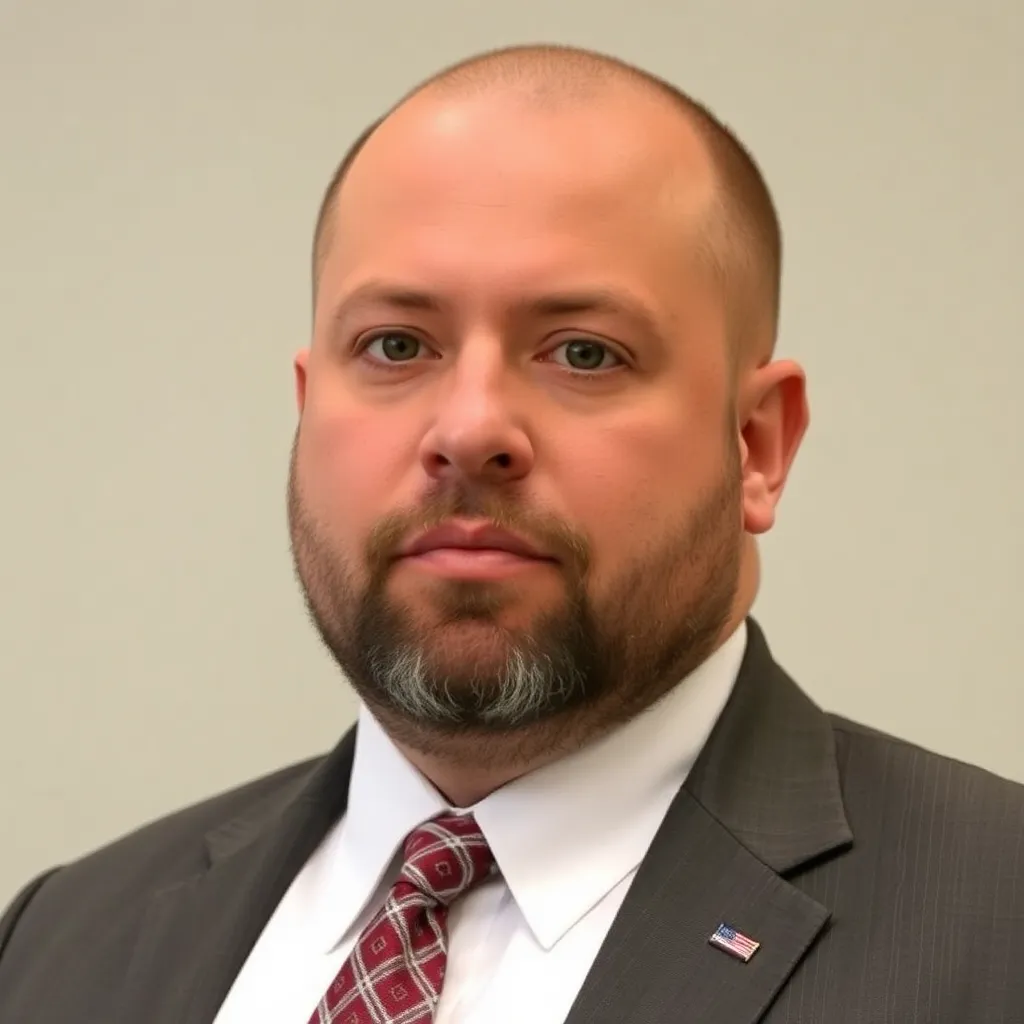Shreveport Man Pleads Guilty to Money Laundering in Bankruptcy Case
Shreveport, Louisiana, recently made headlines with a rather shocking development. A local man, Brian T. Owen, aged 52, has found himself in some serious trouble after pleading guilty in federal court to a significant charge of money laundering. This comes after an extensive investigation uncovered his diversion of just over $1.1 million from his company’s bankruptcy trust fund, money that he apparently used for personal expenses, including paying off gambling debts.
A Troubling Turn of Events
The story began when Owen’s company, RWDY, Inc., which is based in nearby Bossier City and specializes in oilfield consulting services, filed for bankruptcy on June 22, 2020. As part of the reorganization process to pay back creditors, a trust fund was established the following January, with Owen at the helm. His role required him to pay 30% of any extra company earnings into this trust for creditors. However, it seems that Owen had other plans.
In a twist typical of a dramatic movie plot, it was revealed that Owen intercepted checks from the U.S. Department of Treasury. These checks were meant to provide financial aid to businesses affected by the COVID-19 pandemic. Instead of following the rules, Owen cleverly—and illegally—deposited these checks into an account he created under the company’s name during its bankruptcy. A staggering $3.8 million was deposited into this account while Owen neglected to contribute the required 30% to the creditors’ trust.
Consequences Are Coming
Owen’s actions did not escape the watchful eyes of the law enforcement agencies. He was charged in September following a thorough investigation led by the Internal Revenue Service Criminal Investigation, the Federal Bureau of Investigation, and the Louisiana State Police. The case was assigned to Assistant United States Attorney Seth D. Reeg.
Now, after pleading guilty, Owen is facing some serious repercussions. He could potentially be sentenced to up to 10 years in federal prison. Additionally, he might have to endure three years of supervised release and pay a hefty fine of up to $250,000 once it’s all said and done. The weight of the law is coming down on him, and it’s clear that his choices led him down a path he probably never imagined.
A Community Impacted
This unfolding saga has left many in Shreveport and surrounding areas stunned. It raises questions not just about individual morality but also about larger structures in place to safeguard funds meant for communities navigating tough times, particularly during a pandemic.
For those with ties to RWDY, Inc., this situation serves as a cautionary tale: the impact of one person’s actions can affect many. Local business owners and employees are likely to feel the ripple effects, and many may also be wondering how to ensure that such occurrences don’t happen again in the future.
Looking Ahead
As the legal proceedings continue, the community watches closely. It’s a stark reminder that while some may think they can outsmart the system, the consequences of unethical behavior can be far-reaching and devastating.
In the coming weeks and months, we will keep an eye on how this situation unfolds and the implications it may have for local businesses and residents alike. It’s a developing story worth following, as justice takes its course in Shreveport.







